Squirrels are generally friendly creatures. They only become pests once they enter your property. These rodents don’t only dig holes in the ground for shelter; they also damage plants and chew on wood.
On the other hand, squirrels are also natural gardeners. So instead of killing them, why not just drive them away?
Squirrels have an excellent sense of smell and hate very strong scents. This includes the smell of ammonia, bleach, cayenne pepper, chili powder, coffee grounds, dryer sheets, garlic, mothballs, peppermint oil, predator urine, spicy herbs, and vinegar. Most of them are readily available.
The three main types of squirrels are tree squirrels, ground squirrels, and flying squirrels. Non-flying squirrels are mostly diurnal creatures, which means that they are active during the day and rest at night.
But since killing squirrels is not advisable, here are twelve scents that they hate and how to use them safely.
12 Scents Squirrels Hate
1. Ammonia

Ammonia (NH3) has a very pungent odor that squirrels hate. As a chemical compound, it contains one nitrogen atom and three hydrogen atoms.
The very strong odor comes from excess nitrogen. This colorless gas has many uses, including fertilizer, refrigerant, household cleaning products, and fermentation.
To use ammonia as squirrel repellent, mix it with water and spray in areas where squirrels could be hiding. You can also soak it in a rag or cotton balls and leave them in hidden areas.
But as expected, ammonia is very toxic to humans and pets when inhaled or get contact with it. Use ammonia with special precautions.
2. Bleach
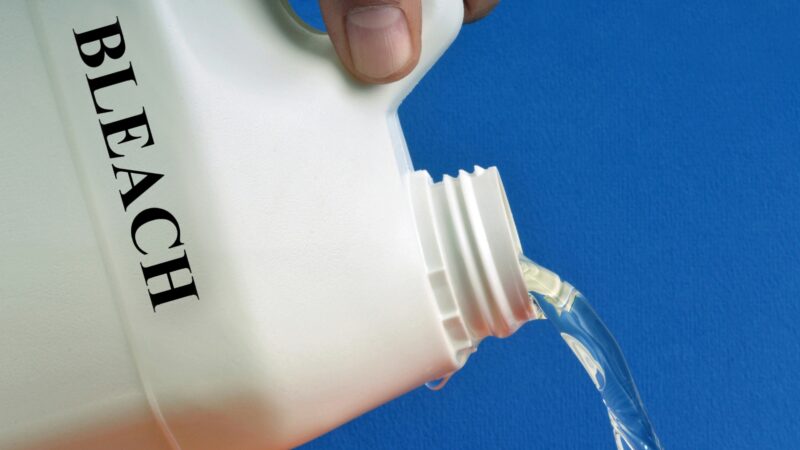
Chemically known as sodium hypochlorite, bleach has a very strong odor that squirrels cannot tolerate. As a major component of disinfectants and sanitizers, bleach kills bacteria and viruses.
You can also use a bleach solution to clean areas with squirrel poop and waste of other rodents such as mice and rats.
To use bleach in repelling squirrels, mix it with water and spray the solution in the pathways of these unwanted visitors. But like ammonia, bleach is also toxic to humans and pets.
Exposure can irritate the eyes, nose, and skin, while inhalation of huge amounts can affect the lungs. Bleach is also very corrosive to metals.
3. Cayenne Pepper
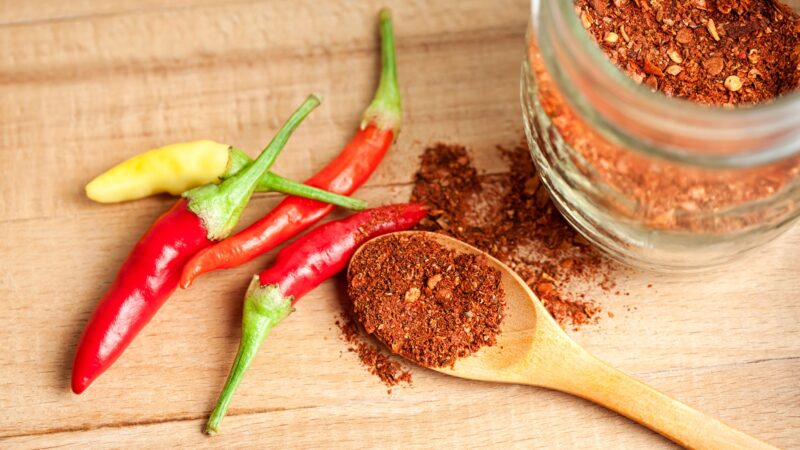
Squirrels hate the smell of ground cayenne pepper due to its capsaicin content, which also makes pepper spicy. In fact, this chemical is registered as an animal repellent and insecticide.
But then, it is also very irritating to the skin and eyes. You should wear gloves whenever you use pepper and don’t rub your eyes.
To use ground cayenne pepper as squirrel repellent, sprinkle it in areas where squirrels love to stay. Since pepper doesn’t repel birds, you can also sprinkle it inside your bird’s cage. This way, you can save your birds from squirrels. Birds also eat pepper, which means you can put some cayenne pepper on bird seed.
4. Chili Powder
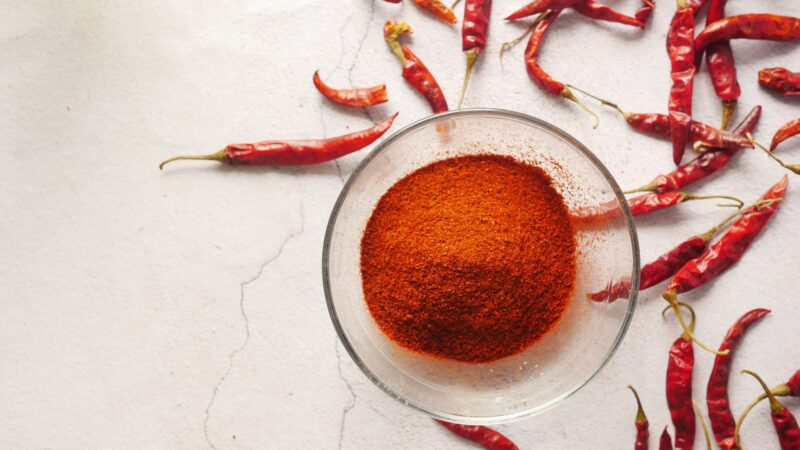
Chili powder also contains capsaicin but in smaller quantities compared to cayenne pepper. So far, there is no scientific study showing that cayenne pepper is better at repelling squirrels.
Yet, squirrels also hate the smell of chili powder. Hence, you can also use it to repel squirrels as you do with cayenne pepper.
Birds can also eat chili powder safely, as long as the amount is not excessive. As we all know, chili powder is also a great cooking ingredient.
On the other hand, inhalation of chili powder can cause coughing and irritate the respiratory system. Dogs and cats should also not eat or inhale too much chili powder.
5. Coffee Grounds
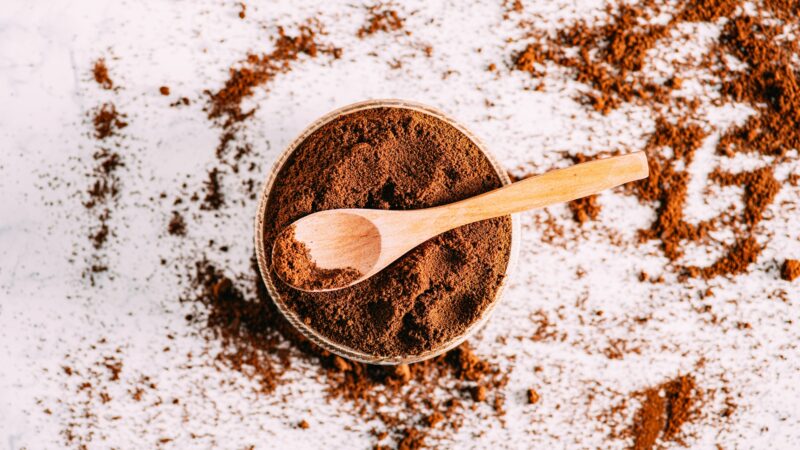
Aside from caffeine that helps us stay awake, coffee grounds also contain carbohydrates, proteins, and tannin. Interestingly, they also make great fertilizer and can repel garden pests, such as insects, and small mammals like rodents. This is because coffee grounds have a concentrated smell that rodents hate.
To use coffee grounds in keeping squirrels away from your garden, scatter them around your plants. You can also put some coffee grounds in a bowl and leave it in your attic and other areas where squirrels hide. These furry creatures won’t eat them, either. But be careful, coffee grounds can be very toxic to cats and dogs.
6. Dryer Sheets
Dryer sheets have many uses, including drying clothes, deodorizing bathrooms, and removing burnt, sticky foods on pots. And although they are not registered as animal repellents, you can also use them to drive stubborn rodents and deer away. Thanks to their unique, strong aroma that mice, rats, and squirrels hate.
Also called fabric softener sheets, dryer sheets are generally safe to use. But then, prolonged exposure and inhalation of huge amounts can cause allergic skin reactions and asthma attacks.
To repel squirrels, place some dryer sheets in doors and vents or rub them in dark areas, but you need to reapply them frequently.
7. Garlic
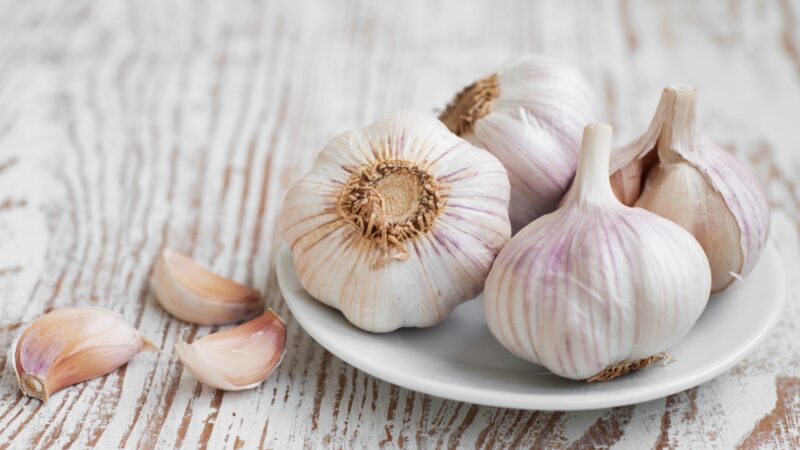
As we all know, garlic has a lot of health benefits aside from being a popular food seasoning. This root vegetable is slightly spicy and has a bad smell that squirrels hate.
However, some squirrels can tolerate the smell and may not be repelled by it. Garlic is not poisonous for squirrels, and some squirrels are happy to eat it.
On the other hand, garlic can cause cats and dogs to vomit once inhaled. It is also toxic to these pets once huge amounts are eaten.
There is also no scientific study explaining the efficacy of garlic alone for driving squirrels away. Yet, you can mix garlic powder with pepper and water to create a squirrel-repellent spray.
8. Mothballs
Without a doubt, the very strong smell of mothballs can effectively deter squirrels. These small, white balls contain naphthalene or paradichlorobenzene and slowly turn into toxic vapor.
Although registered as pesticides to kill moths, mothballs are also effective in getting rid of other insects and pests, such as mice and rats.
But according to the National Pesticide Information Center (NPIC), mothballs are very toxic to humans and pets once inhaled, chewed, or swallowed.
They are also more dangerous when placed in enclosed spaces and can kill squirrels. Therefore, place mothballs only in open spaces and take necessary precautions.
9. Peppermint Oil
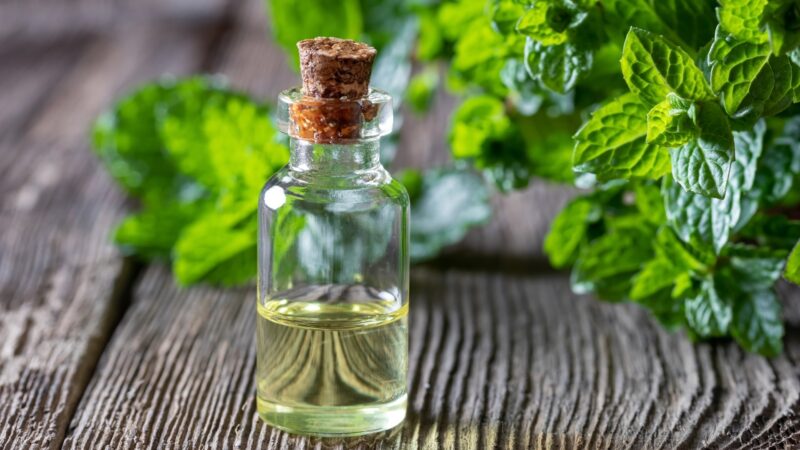
Peppermint oil is known for being an effective mosquito repellent and is dubbed as a natural insecticide. It contains huge amounts of menthol, which produces a cooling effect on the skin.
When used properly, inhalation of peppermint oil can help treat upper respiratory infections and ease nasal congestion due to colds.
Nevertheless, peppermint oil also releases a minty smell that repels spiders, insects, and rodents, including squirrels. However, this strong aroma is also toxic to cats and dogs.
To repel squirrels, use diluted peppermint oil as a spray inside and outside your house. Just make sure no pets and small children are around.
10. Predator Urine
Squirrels have a long list of predators, including bobcats, coyotes, eagles, hawks, raccoons, snakes, and skunks. But since squirrels are also wild animals, they are used to seeing danger and are smart enough to avoid them. This is also why predator urine is effective in repelling squirrels, but depending on their species.
According to a study, southern flying squirrels spend less time overnight in their nest boxes with the fur of raccoons and bobcats, as well as fox urine.
Meanwhile, a separate study in Europe suggested that after applying pine marten scent, red squirrels decreased their feeding behavior while gray squirrels remained calm.
11. Squirrel-repellent Plants
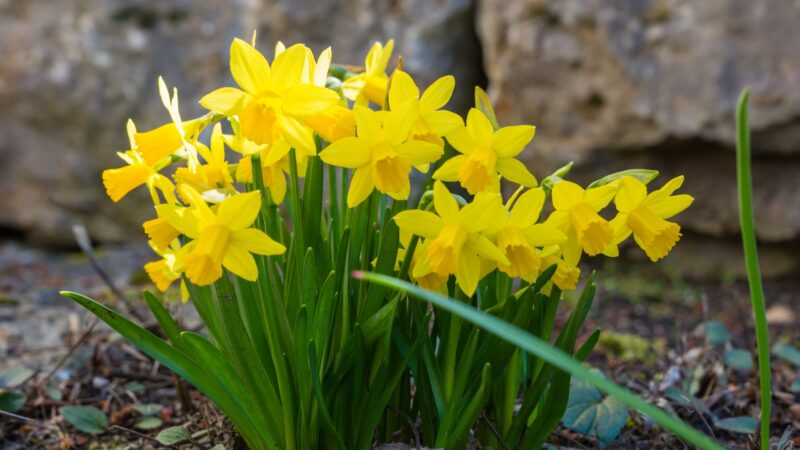
Squirrels are omnivore mammals, which means that they eat meat and plants. This includes small insects, fruits, vegetables, and seeds.
Nevertheless, they love collecting and storing various kinds of nuts, such as almonds and walnuts. No wonder ground squirrels love staying in the garden and digging burrows and tunnels.
However, there are some plants that squirrels cannot eat due to their very strong aroma. This includes allium herbs, daffodils, lemongrass, marigolds, mustard, nasturtiums, and peppermint.
So, to repel squirrels from your property, add these squirrel-repellent plants in your yard, and they will no longer bother you at all.
12. Vinegar
There are two common types of vinegar – white vinegar and apple cider vinegar. Regardless of the type, vinegar contains acetic acid that releases a very strong smell.
Although apple cider vinegar is sweet compared to white vinegar, both of them are effective in repelling squirrels and other rodents, as well as insects.
To repel squirrels using vinegar, mix it with water in a spray bottle and spray the solution in areas where squirrels are frequent.
To be more effective, you can add some chili powder or ground pepper. But because of its acid content, don’t spray vinegar directly on your plants. Otherwise, they will get damaged or will slowly die.
Can Irish Spring Soap Repel Squirrels?
A lot of people have claimed (and are still claiming) that the original scent of Irish Spring soap can repel insects and rodents.
- Pack of 12 bars [4 packs each pack has 3 Bars]
- The actual product may be different than product image
- Fresh, Clean Feeling
- Invigorating Scent
- Rich Lather
The truth is, there is no scientific study suggesting that their claims were true. Colgate-Palmolive, the company manufacturer of Irish Spring, has not released its comments on this issue.
Can Strong Scents Really Drive Squirrels Away?
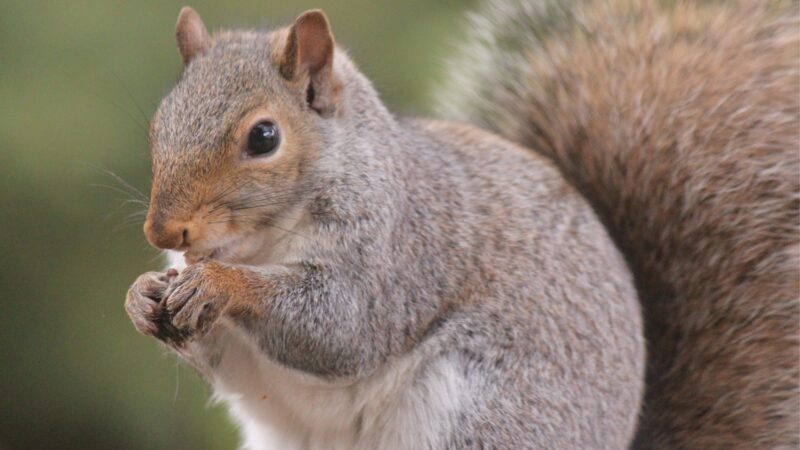
Strong scents can repel squirrels. The long answer is that it depends on several factors. Since the scents will be gone soon, you need to apply them more than once.
Some squirrels may also get used to the smell. Hence, all scent-based repellents are effective but are only temporary solutions.
Related: Squirrel Removal | Traps, Baits, and Lures
List of Sources
The Facts About Ammonia. (2005). Department of Health – New York State.
Mengak, M. T. (2012). Repellents and Wildlife Damage Control. University of Georgia Extension.
Ober, H. K., Kane, A. (2018). How to Use Deterrents to Stop Damage Caused by Nuisance Wildlife in Your Yard. University of Florida.
Pierce, R. A. (2012). Tree Squirrels: Managing Habitat and Controlling Damage. University of Missouri.
- How to Get Rid of Copperheads | Practical Guide - August 27, 2023
- How to Get Rid of Corn Snakes | What Makes Them Aggressive? - August 27, 2023
- How to Get Rid of Alligators | Safety Measures and Removal Methods - July 16, 2023

